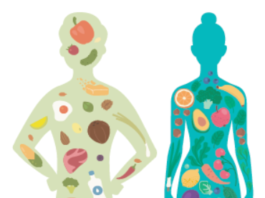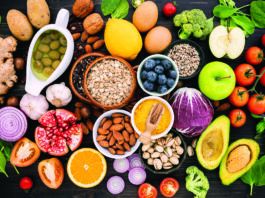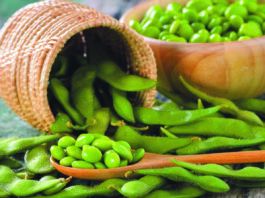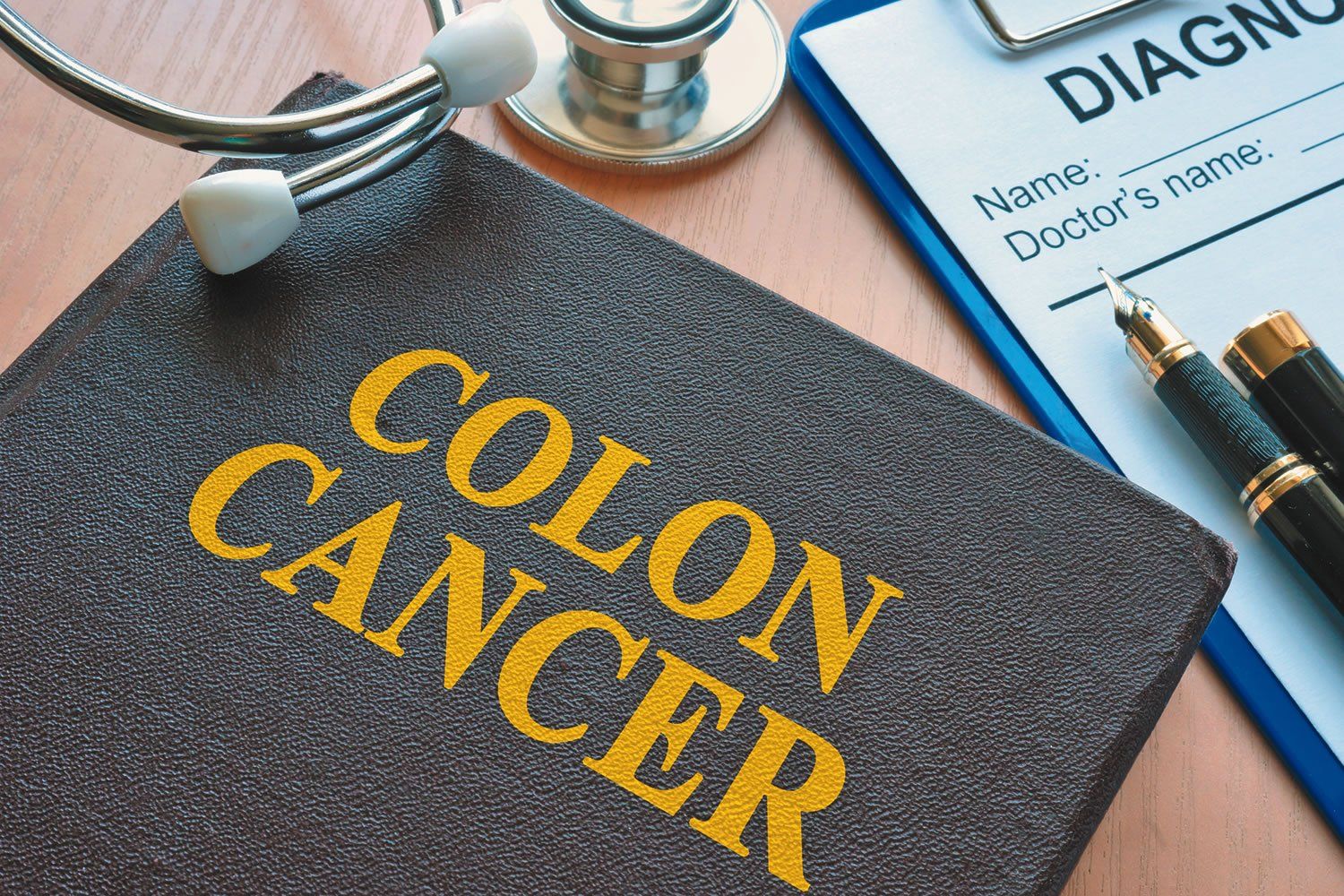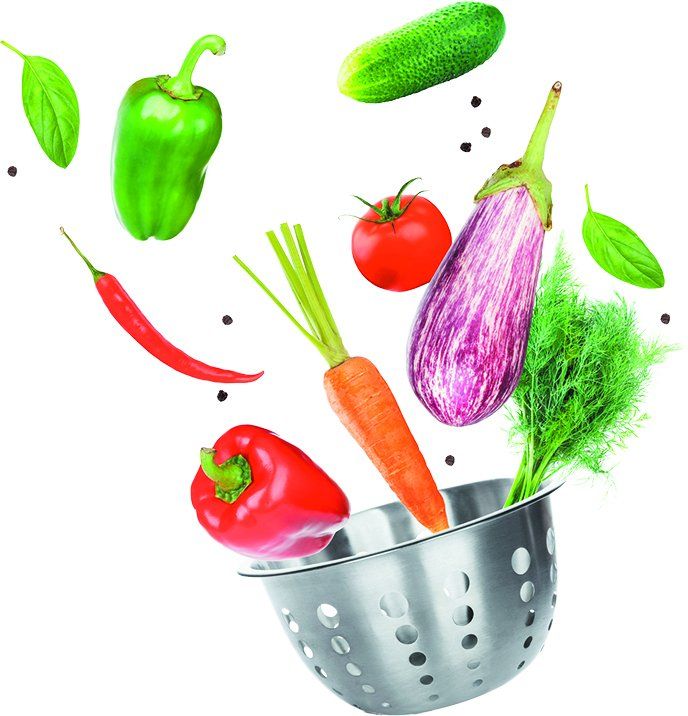Diet-Related Inflammation and Colorectal Cancer
Excluding skin cancers, colorectal cancer is the third most common cancer diagnosed in the US, with 140,000 new cases forecast for 2018. Research has linked dietary factors to colorectal cancer risk. Processed meats are associated with higher risk, whereas high-fiber diets are associated with lower risk, although it is unclear how this happens.
Q. Colon cancer runs in my family, so I want to do everything I...
Q. Colon cancer runs in my family, so I want to do everything I can to lower my risk. Ive heard that taking extra calcium can help. Is this true?
Is The Phytoestrogen in Soy Milk Linked to Breast Cancer?
Q. I've been drinking soy milk daily for years. Since it contains phytoestrogens, I wonder if it puts me at higher risk of developing breast cancer?
Reduces Colorectal Cancer Risk By Reducing Inflammation
Of any cancer, inflammation has one of the clearest links with colorectal cancer. That includes cancers of the colon (large intestine) and rectum (tail end of the colon). So, it's worth considering whether reducing inflammation through healthful eating could decrease colorectal cancer risk.
Benefits of the Mediterranean Diet
The Mediterranean-style diet has been drawing continued support in recent years along with a little cautionary advice. Is the Mediterranean diet healthful and safe-or is it elevated by hype?
Do Multi-Colored Carrots Have Less Beta-Carotene?
Each carrot type will have varied health effects because of these colored compounds. A healthy dietary pattern contains a variety of fruits and vegetables, which carrots of multiple colors can be a part of.
Keep Cancer from Coming Back
After kicking cancer, you might worry it will return. That's understandable. Cancer survivors are at significantly higher risk for cancer recurrence and for developing new cancers. But, that doesn't mean there's nothing you can do about it. Although many factors affect cancer risk and survival, following a healthy diet and lifestyle are important proactive steps.
Exercise May Cut Your Risk of 13 Types of Cancer
Need fresh motivation to lace up those walking shoes? A study of 1.44 million adults reports that physical activity is associated with lower risk of 13 types of cancer, including three of the four most common - breast, colon and lung cancer.
Coffee Cleared of Cancer Risk Label
The World Health Organization has lifted a 25-year-old caution that coffee might cause cancer. Publishing their findings in The Lancet Oncology, WHO experts reviewed more than a thousand human and animal studies and concluded that coffee should no longer be classified as a possible carcinogen.
Coffee Drinkers at Reduced Odds of Colorectal Cancer
More evidence that coffee - once thought of as bad for you - is not only safe in typical amounts but might actually help protect your health comes from a new study of colorectal cancer risk. Researchers compared 5,145 patients who had been diagnosed with colorectal cancer within the past six months with a control group of 4,097 men and women with no history of the cancer. Drinking one or two cups of coffee a day was associated with a 26% lower risk of developing colorectal cancer, with risk dropping even more as consumption increased.


























